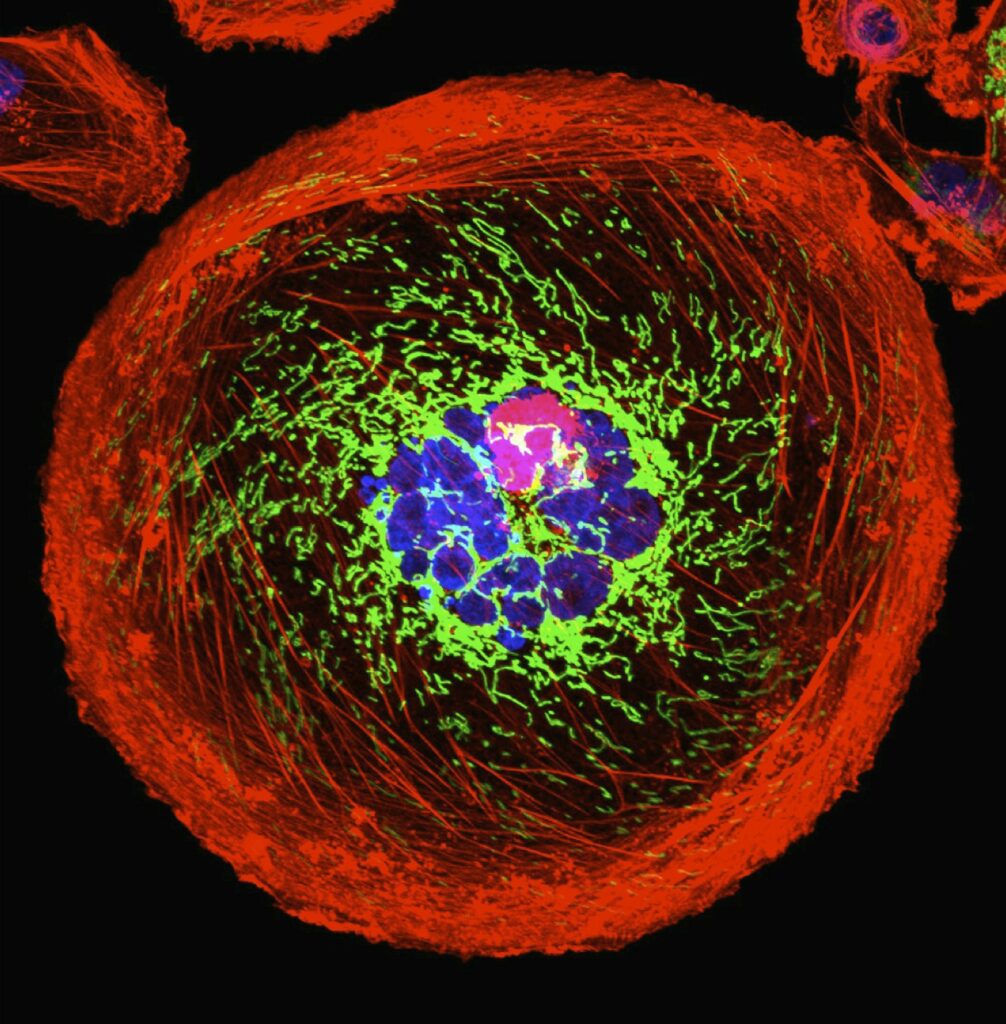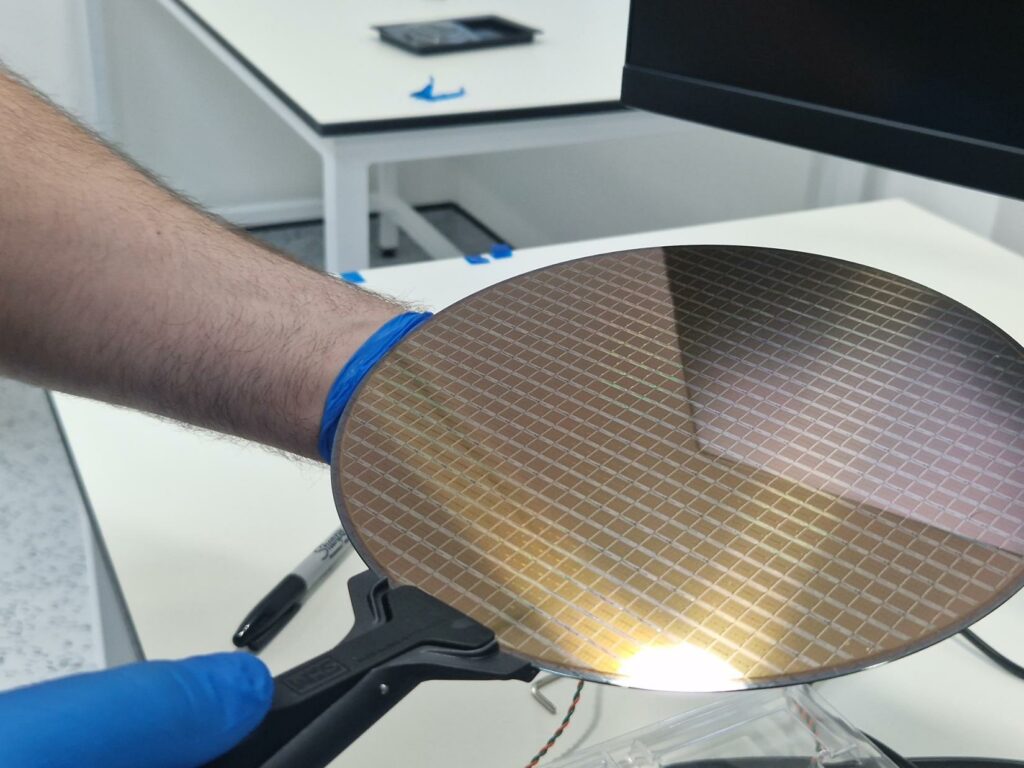Insider Brief
- The U.S. is a global powerhouse in quantum research and quantum entrepreneurship with quantum ecosystems emerging in several cities and regions.
- However, the country has the research acumen, the thirst for entrepreneurship and governments that encourage innovation to create even more quantum ecosystems.
- Quantum ecosystems tend to emerge from areas where there is a mix of research and entrepreneurship.
The United States is already a global leader in quantum technology and is home to several hot quantum ecosystems, including Chicago, Colorado, Massachusetts and California.
But, are there cities and regions that offer many of the same qualities as the aforementioned quantum hotspots, but are underrepresented in the number of quantum startups and companies?
Plumbing the depths of TQI’s Intelligence Platform and extrapolating a few criteria of flourishing quantum ecosystems — including access to quality research institutions with considerable quantum research, a nearly ready quantum-ready workforce, pro-innovation governments and a smart, entrepreneurial citizens — we came up with a list of possibilities.
There is a ripple effect of quantum technologies. While these hubs tend to center of quantum research, the benefit of quantum technologies will radiate from quantum into other fields and disciplines, such as finance, pharmaceutical and materials science. Those industries have unique use cases that would be greatly benefited by technologies, such as quantum computing and quantum sensing. That narrowed down the list, as well.

Here are some future quantum ecosystems, just waiting for the spark when technology, innovation and vision combine.
1. Pittsburgh, Pennsylvania

- Research Institutions: Pittsburgh is home to Carnegie Mellon University and the University of Pittsburgh, both of which are renowned for their research in science and technology and strong in quantum research. Carnegie Mellon, in particular, has a strong focus on computer science and artificial intelligence, which are foundational for quantum computing. Pitt and CMU is also home the the Pittsburgh Quantum Institute.
- Entrepreneurial Population: The city has a growing startup scene, supported by innovation hubs and incubators like Innovation Works and AlphaLab.
- Pro-Innovation Government: Pittsburgh’s government has been proactive in supporting technology initiatives and collaborations between universities and businesses to foster innovation.
- Quantum Solutions: Pittsburgh’s growing medical and biotech sectors, represented by entities like the University of Pittsburgh Medical Center, along with its strong finance and robotics industries, could see transformative advancements in drug discovery, personalized medicine, secure financial transactions, and optimization problems through quantum computing.
2. Madison, Wisconsin

- Research Institutions: The University of Wisconsin-Madison is a leading research university with strengths in physics, engineering, and computer sciences, crucial for quantum technology development. The Wisconsin Quantum Institute is based there, too.
- Entrepreneurial Population: Madison has a vibrant startup ecosystem, bolstered by university-driven accelerators and a community that supports innovation.
- Pro-Innovation Government: The local government and the state of Wisconsin have shown commitment to supporting tech startups through grants and innovation-friendly policies.
- Quantum Solutions: Madison’s notable health tech sector, including companies focused on medical devices and health services, alongside its vibrant agricultural tech industry, could leverage quantum computing for breakthroughs in molecular biology, genetic research, and complex system simulations for sustainable farming practices.
3. Raleigh-Durham, North Carolina (The Research Triangle)

- Research Institutions: This area is anchored by three major research universities: North Carolina State University, Duke University, and the University of North Carolina at Chapel Hill. Their collective research capabilities, especially in tech and biotech, make this a fertile ground for quantum research. And that quantum research acumen offers the foundational support — particularly awareness and a talented workforce — for quantum startups.
- Entrepreneurial Population: Known for its Research Triangle Park, this area has a long history of fostering tech startups and innovation.
- Pro-Innovation Government: North Carolina has been supportive of tech industries, offering various incentives for startups and tech firms to innovate and grow.
- Quantum Solutions: The Research Triangle’s strong pharmaceutical, biotechnological and environmental sciences sectors could utilize quantum computing to accelerate drug development, enhance biomolecular research and model complex environmental systems for better prediction and management of natural resources.
4. Austin, Texas

- Research Institutions: The University of Texas at Austin is a significant center for scientific research, with strong programs in engineering and computer sciences and a particular emphasis on quantum. You’ll also find Scott Aaronson and colleagues at the Quantum Information Center. UT’s Texas Institute for Electronics and Infleqtion launched the Quantum Manufacturing Center of Excellence recently. Texas, in general, has a history of translational technology and engineering, service as home to numerous high tech companies, particularly in the computer and computer chip industry.
- Entrepreneurial Population: Austin’s vibrant tech scene and status as a major technology and innovation hub make it ripe for quantum technology development. Important to note — quantum pioneer Strangeworks made Austin home.
- Pro-Innovation Government: Austin and the state of Texas have been known for their business-friendly policies, offering tax incentives and funding for tech innovation.
- Quantum Solutions: Austin’s booming tech industry, particularly in software and semiconductor manufacturing, along with a significant presence of financial services, could benefit from quantum technologies through enhanced computing power for software development, material science, and more secure and efficient financial modeling and analysis.
5. Minneapolis-St. Paul, Minnesota

- Research Institutions: The University of Minnesota, with its strong emphasis on science and engineering research, is a key asset. The university is involved in cutting-edge research across various fields that are complementary to quantum technologies. Recently, a University of Minnesota Twin Cities-led team of researchers received a $1.4 million grant for quantum computing.
- Entrepreneurial Population: The Twin Cities have a burgeoning startup scene, supported by a network of accelerators, incubators, and venture capital presence. The region’s diverse economy also provides a broad base for innovation.
- Pro-Innovation Government: Minnesota’s government has been proactive in fostering innovation and technology-based economic development, with several initiatives aimed at supporting startups and research and development activities.
- Quantum Solutions: Minneapolis-St. Paul’s diverse economy, with strong medical devices, agriculture, and financial services sectors, could exploit quantum technologies for advancements in healthcare diagnostics, agricultural optimization, and financial risk assessment.
6, Albuquerque, New Mexico

- Research Institutions: Home to the University of New Mexico (UNM) and close to Sandia National Laboratories and Los Alamos National Laboratory, Albuquerque offers unparalleled access to leading-edge research, especially in areas relevant to quantum computing and technology. The Center for Quantum Information and Control (CQuIC) is a center for interdisciplinary research in quantum information science. UNM also partnered with Sandia National Laboratories to launch the University’s newest research center, the Quantum New Mexico Institute (QNM-I).
- Entrepreneurial Population: The city has been developing its startup ecosystem, with a focus on technology-driven businesses. The presence of major national labs also spins off technology transfer opportunities that can be leveraged by startups.
- Pro-Innovation Government: New Mexico offers various incentives for technology businesses, including tax credits for research and development, aimed at encouraging innovation and entrepreneurship.
- Quantum Solutions: Albuquerque, with its proximity to national labs and a focus on renewable energy, aerospace, and advanced manufacturing sectors, could see benefits from quantum technologies in materials science, energy storage solutions, and optimization of manufacturing processes and aerospace design.
7. Rochester, New York

- Research Institutions: Rochester is home to the University of Rochester and the Rochester Institute of Technology, both of which are involved in significant research in optics, imaging, and photonics, fields closely related to quantum technology. The University of Rochester touts its UR Quantum center. RIT considers photonics a research specialty.
- Entrepreneurial Population: The city has a history of innovation in imaging and optics, and more recently, a growing tech startup scene. Initiatives like the Rochester Angel Network and the Venture Creations incubator support tech entrepreneurship.
- Pro-Innovation Government: New York State offers various programs and incentives to support startups and research and development, particularly in upstate regions like Rochester. This includes grants, tax incentives, and support for tech incubators and accelerators.
- Quantum Solutions: Rochester’s historical strength in optics and imaging, alongside its emerging focus on healthcare and information technology, positions it well to benefit from quantum technologies in developing next-generation imaging techniques, enhancing healthcare diagnostics, and secure data processing and communication.
Obviously, this is a small list that definitely misses out on a bunch of great American cities and regions that could be America’s next great quantum ecosystem. There are considerable limitations when creating a list like this. For example, great research does not necessarily lead to great startups. Translational science and interdisciplinary science, both of which are necessary to build quantum companies, are often a part of the culture of some research communities and not included in others. It’s also difficult to assess “entrepreneurial” population — which I measured by the presence of incubators, for example — as well as a term, such as “pro-innovation,” which tries to capture the ethos of a government, but, doubtlessly does not take into account real concerns, such as tax structure and efficiency in applying those taxes to build ecosystems of innovation, for example.
Because quantum is such a nascent, emerging industry, many startups are still just forming and flying under the radar, while others may intentionally be in stealth.
For more market insights, check out our latest quantum computing news here.




















